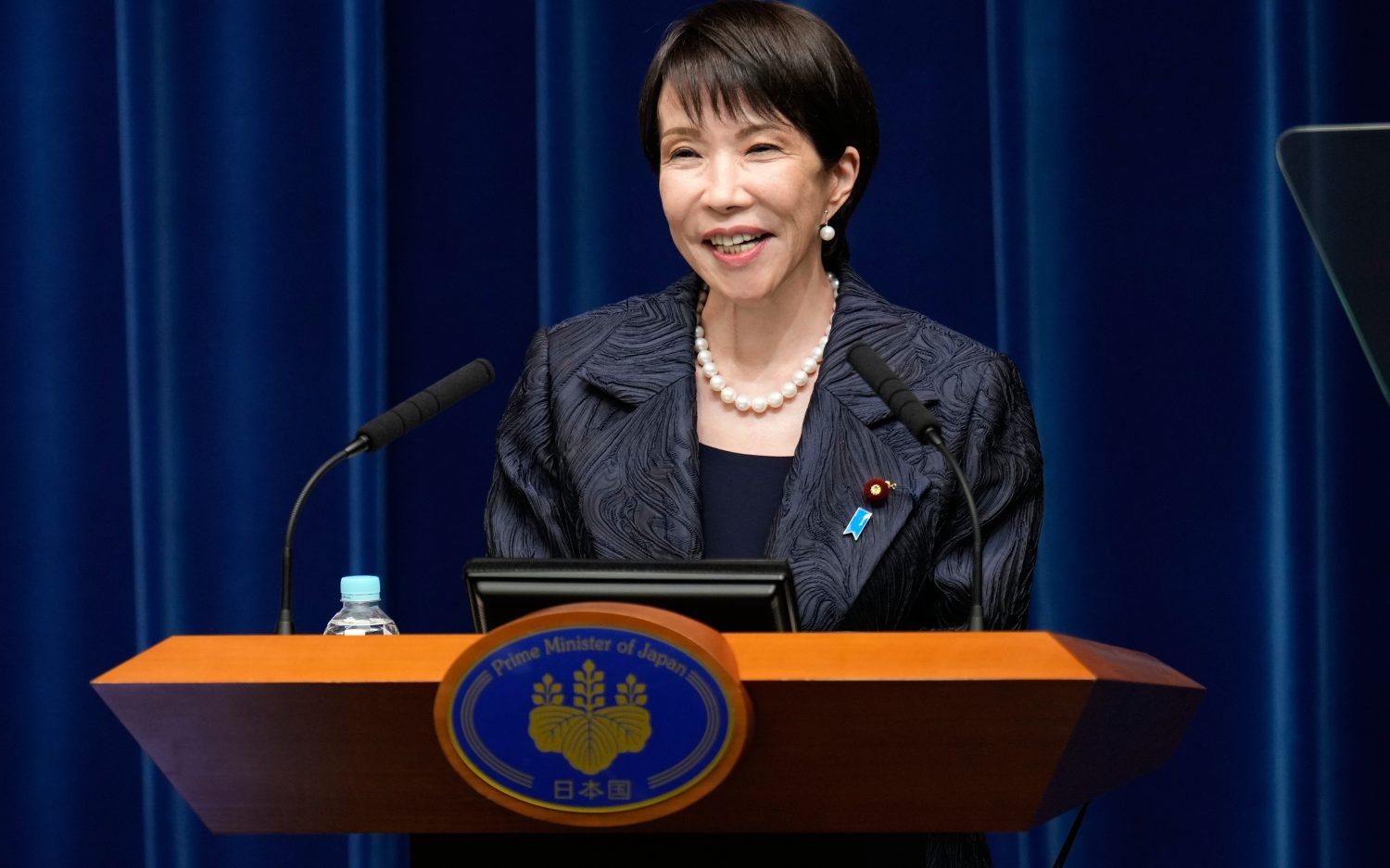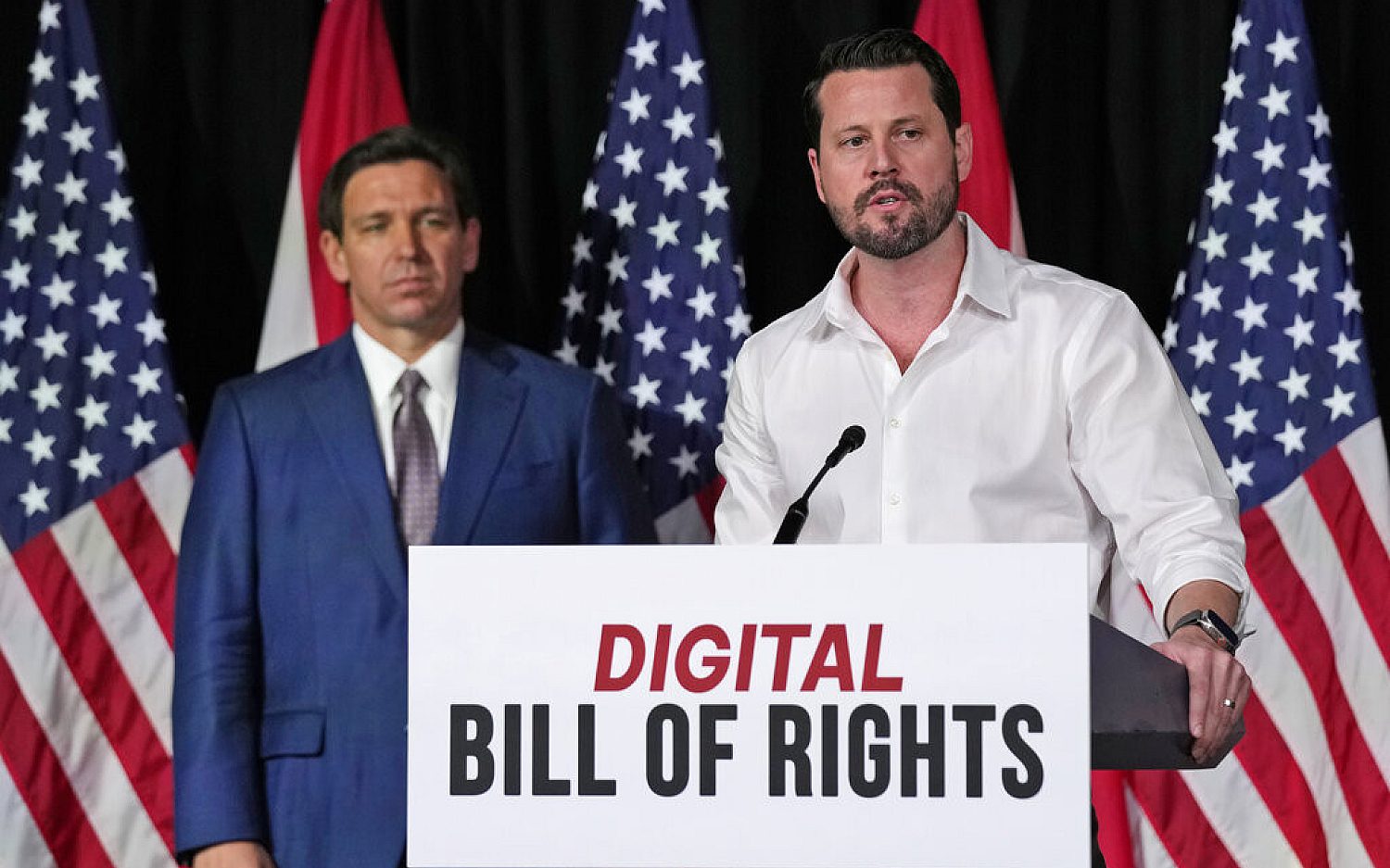Supreme Court hears Catholic Charities’ claims of religious discrimination
A group of charities run by a Catholic diocese in Wisconsin alleged before the highest court in the United States Monday that it was the victim of religious discrimination from the state of Wisconsin. During oral arguments before the Supreme Court, The Catholic Charities Bureau alleged that the state discriminated against it by refusing to exempt it from paying into the state’s unemployment tax program. Any church-run organization with primarily religious goals is exempt from paying into the state’s unemployment compensation programs, according to the group’s May 2024 application to the Supreme Court.
What reason did the state have to reject a religious nonprofit’s exemption status? The group argued that it qualified for the exemption because it functioned under a regional Catholic diocese, and it advanced Biblical missions like aiding the poor and caring for the elderly. Wisconsin’s attorneys argued that, outside of its name, the charity functioned like any other secular 501(c)(3) nonprofit organization, making it eligible for unemployment taxation. There are no faith requirements for the organization’s employees or recipients, and no evangelical programs or training to promote the charity’s faith, according to the state.
The charity already appealed to Wisconsin’s State Supreme Court, which examined the chapter of Catholic Charities and ruled that it did not meet the standard to be considered an organization operating primarily for religious purposes. The charity failed to prove that the state had enacted the tax law unconstitutionally, given the organization’s religious actions and creed, according to the ruling. Courts must determine whether an organization operates primarily for religious purposes based on criteria like evangelical outreach, holding corporate worship, and offering religious materials to clients, according to the ruling. Consequently, the court judged that although the charity had religious motives, its activities were not primarily for religious purposes.
Becket represented the charity and claimed the state supreme court’s ruling was flawed because it separated the charity from the diocese that ran it. The court ignored the Catholic church’s inherent autonomy in deciding how ministries should be structured, according to the legal nonprofit. The charity’s Supreme Court application also argued that the case raised important First Amendment questions. The Trump administration filed an amicus brief in support of the charity, along with the Jewish Coalition for Religious Liberty and the International Society for Krishna Consciousness.
What First Amendment questions? Catholic Charities questioned whether civil courts had constitutional power to decide if religious organizations were or were not functioning on primarily religious grounds. The case also questioned the standard of review state courts could use when weighing federal constitutional law.
Dig deeper: Read Steve West’s report on protecting religious autonomy in 2025 with input from constitutional law scholar Lael Weinberger.
An actual newsletter worth subscribing to instead of just a collection of links. —Adam
Sign up to receive The Sift email newsletter each weekday morning for the latest headlines from WORLD’s breaking news team.




Please wait while we load the latest comments...
Comments
Please register, subscribe, or log in to comment on this article.